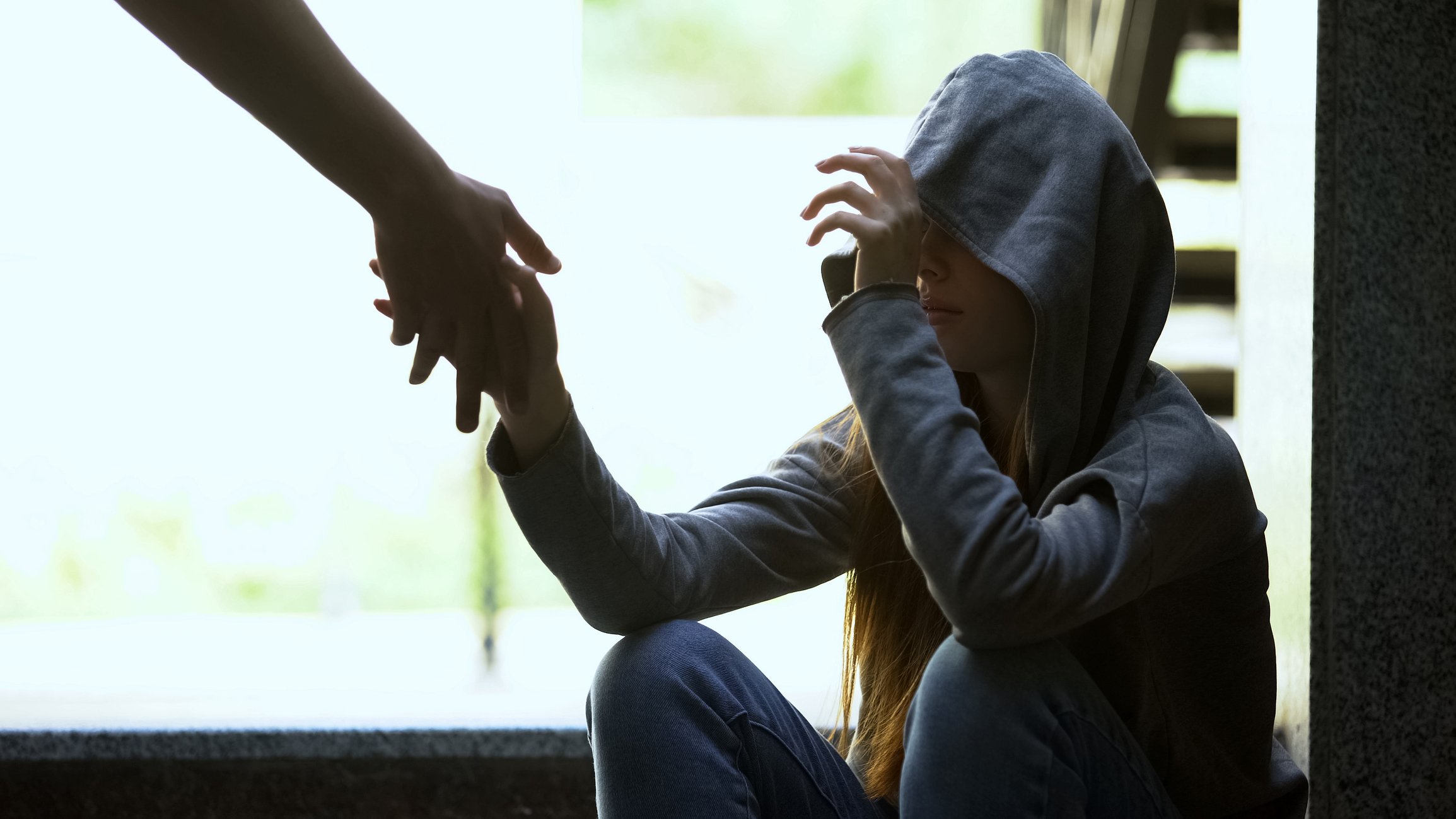You’re Not Alone in Feeling Lonely: Why It’s Totally Normal
Have you ever felt lonely and wondered if something was wrong with you? If so, you're definitely not alone—and there’s nothing wrong with you. Loneliness is a completely normal part of being human, especially during your teenage years when so much is changing in your life, your friendships, and even how you see yourself.
Even the people who seem like they have it all together—popular classmates, athletes, influencers—experience loneliness sometimes. It’s a feeling that connects us all, even though it often feels like we're the only ones going through it.
In this post, we’ll dive into why loneliness happens, why it’s a normal (and even important) feeling to experience, and how understanding it can actually make you feel more connected, not less.
Why We All Feel Lonely Sometimes
Loneliness doesn’t mean you’re weak, broken, or different. It’s simply a sign that you are human and that you crave meaningful connection—which is something we all need.
Here are some common reasons you might feel lonely:
Changes in friendships: As you grow, your relationships can shift. Friends might drift apart, or new groups might form, leaving you feeling left out.
Big life changes: Starting a new school, moving to a new town, or even taking on new responsibilities can make you feel isolated at first.
Social media pressures: Seeing carefully curated posts online can make it seem like everyone else is living a perfect, connected life—when in reality, they're not.
Personal growth: Sometimes as you figure out who you are, you might feel a little disconnected from others who don't fully understand the "new" you yet.
Loneliness can pop up even during good times, simply because emotions are complex and layered.
The Purpose Behind Feeling Lonely
Believe it or not, loneliness actually serves a purpose. It's like an emotional signal, a little nudge from your brain saying, "Hey, you might need more connection, love, or support right now."
Instead of seeing loneliness as a flaw, it can be helpful to view it as a natural reminder to check in with yourself and reach out when you need to. It’s your mind and heart trying to protect your wellbeing.
Just like hunger signals your body that you need food, loneliness signals that you need meaningful interaction, understanding, and care.
How Understanding Loneliness Helps
Knowing that loneliness is normal can take away some of the shame or confusion around it.
When you accept that it's okay to feel lonely sometimes, you give yourself permission to respond with kindness instead of self-criticism.
Here’s how understanding loneliness can make a difference:
You realise you’re not weird or different.
You feel more empowered to seek out real, healthy connections.
You stop comparing your insides to other people’s outsides (especially on social media).
You can talk about it without feeling embarrassed—because it’s human.
What To Do When You’re Feeling Lonely
While feeling lonely is normal, you don’t have to stay stuck in it. Here are a few small steps you can try:
Reach out to someone you trust. A simple text, call, or conversation can make a big difference.
Get involved in activities you enjoy. Clubs, sports, volunteering—finding places where people share your interests can lead to real friendships.
Spend quality time with yourself. Journaling, painting, hiking—doing things you love can make alone time feel nurturing instead of lonely.
Limit comparison. Remember, what you see online is often a highlight reel, not real life.
Be patient with yourself. Connections take time to build, and that’s perfectly okay.
Final Thought
Feeling lonely from time to time is part of being human—it's something every person experiences, no matter how confident or connected they may seem.
Instead of beating yourself up when loneliness shows up, try seeing it for what it is: a natural, important emotion that reminds you of your need for real connection and care.
You’re not alone in feeling lonely. And by understanding and accepting it, you’re already one step closer to building deeper connections—with others, and with yourself.
Kindness, patience, and reaching out—those are your best tools. You’ve got this.
Even though 1 in 4 people have mental health problems, most of us don’t get the help we need. This has to change. We’re Mind. We’re here to fight for mental health. For support, for respect, for you.







